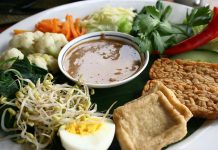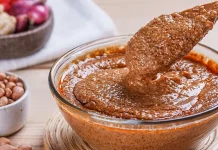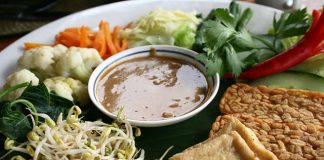Maintaining healthy skin is is an inside out job. What you eat contributes greatly to healthy skin. Diet mistakes can cause premature aging, swelling, redness, acne, and dryness.
Here are 11 foods to avoid eat for healthy skin:
1. Sweets and Sugary Cereals
 Sweets and sugary cereals are high in sugar. The sugar content can affect hormone levels that increase oil production in the skin. The sugar content in these high-glycemic foods can also damage the skin’s collagen and elastin. As a result, signs of aging such as wrinkles and sagging skin will appear. It is recommended to consume a maximum of 25 grams of sugar a day for normal people and check blood sugar regularly.
Sweets and sugary cereals are high in sugar. The sugar content can affect hormone levels that increase oil production in the skin. The sugar content in these high-glycemic foods can also damage the skin’s collagen and elastin. As a result, signs of aging such as wrinkles and sagging skin will appear. It is recommended to consume a maximum of 25 grams of sugar a day for normal people and check blood sugar regularly.
2. Sweetened Drinks
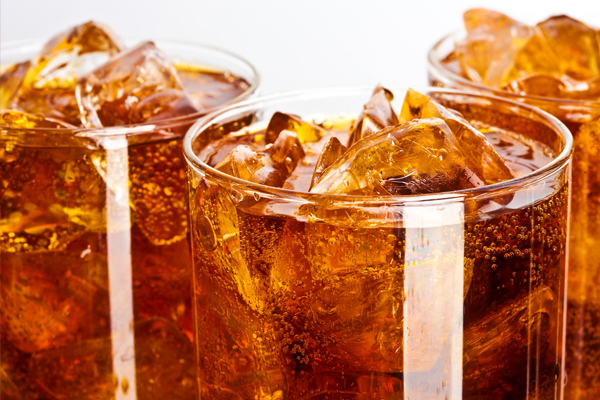
Drinks such as soda and packaged fruit juices have added sugar resulting in high glucose content. This sugar content can trigger an increase in insulin which causes premature aging of the skin. According to the Centers for Disease Control and Prevention, drinking sugary drinks in excess can lead to obesity, type 2 diabetes, heart disease, kidney diseases, tooth decay, cavities, and gout.
3. Milk
 There is not much evidence to show that consuming milk causes acne. But milk consumption does lead to acne severity. Milk stimulates the release of the hormone IGF-1 and contains androgen hormones that throw hormones out of balance. Those who are lactose intolerant or allergic are also prone to acne.
There is not much evidence to show that consuming milk causes acne. But milk consumption does lead to acne severity. Milk stimulates the release of the hormone IGF-1 and contains androgen hormones that throw hormones out of balance. Those who are lactose intolerant or allergic are also prone to acne.
4. Red Meat and Processed Meat
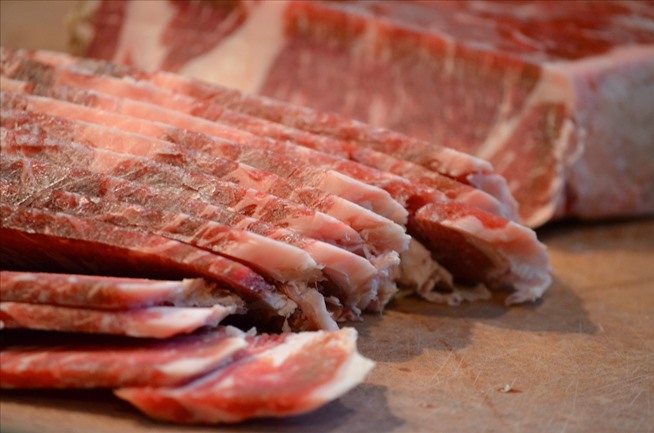
Red meat is high in saturated fat. Not only it can clog blood vessels, but saturated fat also blocks blood vessels in the skin. This can trigger an increase in oil production. Eventually, skin problems such as blackheads, eczema, and psoriasis may arise. The types of red meat that should be avoided for those of you who have oily facial skin are mutton, lamb, offal, and pork. Processed meat is also part of the acne-causing diet that should be avoided more often.
5. Refined Oil
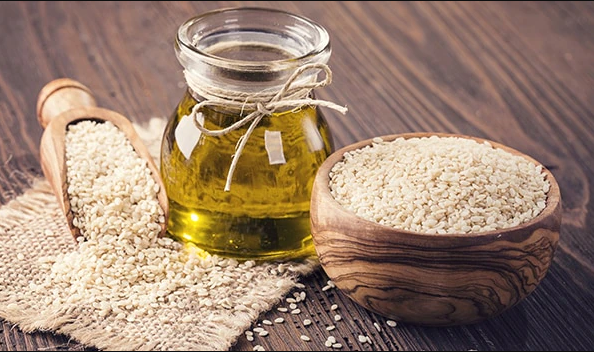
Eating too many omega-6 fats such as corn oil, peanut oil, sesame oil, soybean oil, or sunflower oil can trigger inflammation in the skin. These types of refined oils no longer contain antioxidants that are beneficial for the skin.
6. Processed Desserts and Pastries
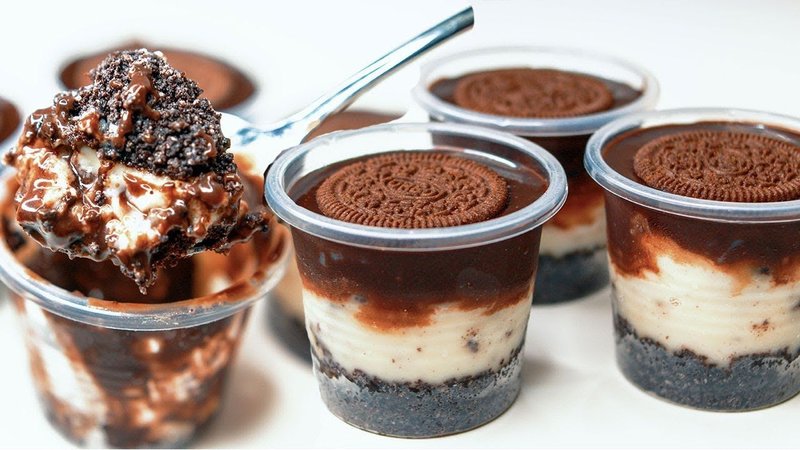
Desserts and pastries contain added sugar, and refined carbohydrates, and some contain dairy. Added sugar can raise blood sugar levels which again can trigger breakouts. The added sugar in sugary snacks can cause inflamed pimples. Meanwhile, milk contains protein and androgen hormones that can stimulate the growth of skin irregularities.
7. Fried Food
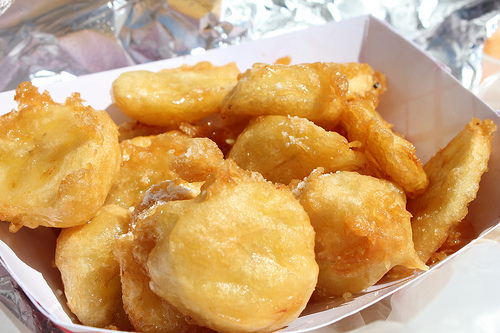
Fried foods can cause excess oil on the skin. These foods are often fried in refined oils (such as vegetable or seed oil), which means they contain inflammatory omega-6 fatty acids. Fried foods are also high in saturated fat, which again can promote oil producing glands to act up and cause breakouts.
8. Flavored Yogurt
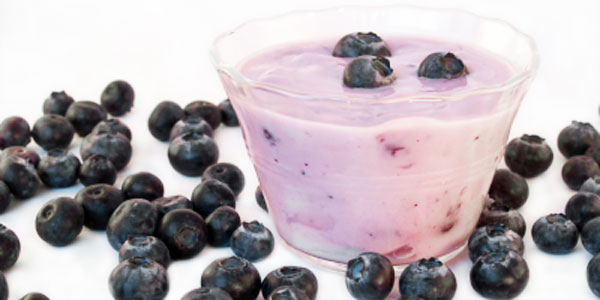
Yogurt is high in vitamins and acts as a source of calcium for the body. However, flavored yogurt is different from plain yogurt. Flavored yogurt has added sugar and sweetener. In addition, yogurt is a dairy product that should not be consumed in excess. Consuming too much can trigger the same inflammatory pathways in the body that can potentially worsen skin.
9. White Bread
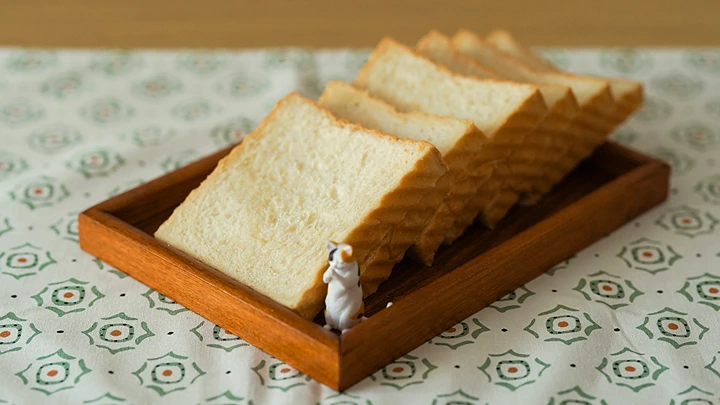
Replace white bread with whole-grain bread if you don’t want pimples to appear. White bread contains a lot of sugar. The sugar in white bread causes glucose in the blood to rise rapidly, which can trigger an insulin rush, and cause inflammation in cells in the body. In addition, because white bread is broken down, digested, and absorbed quickly, blood sugar will rise immediately.
10. White rice
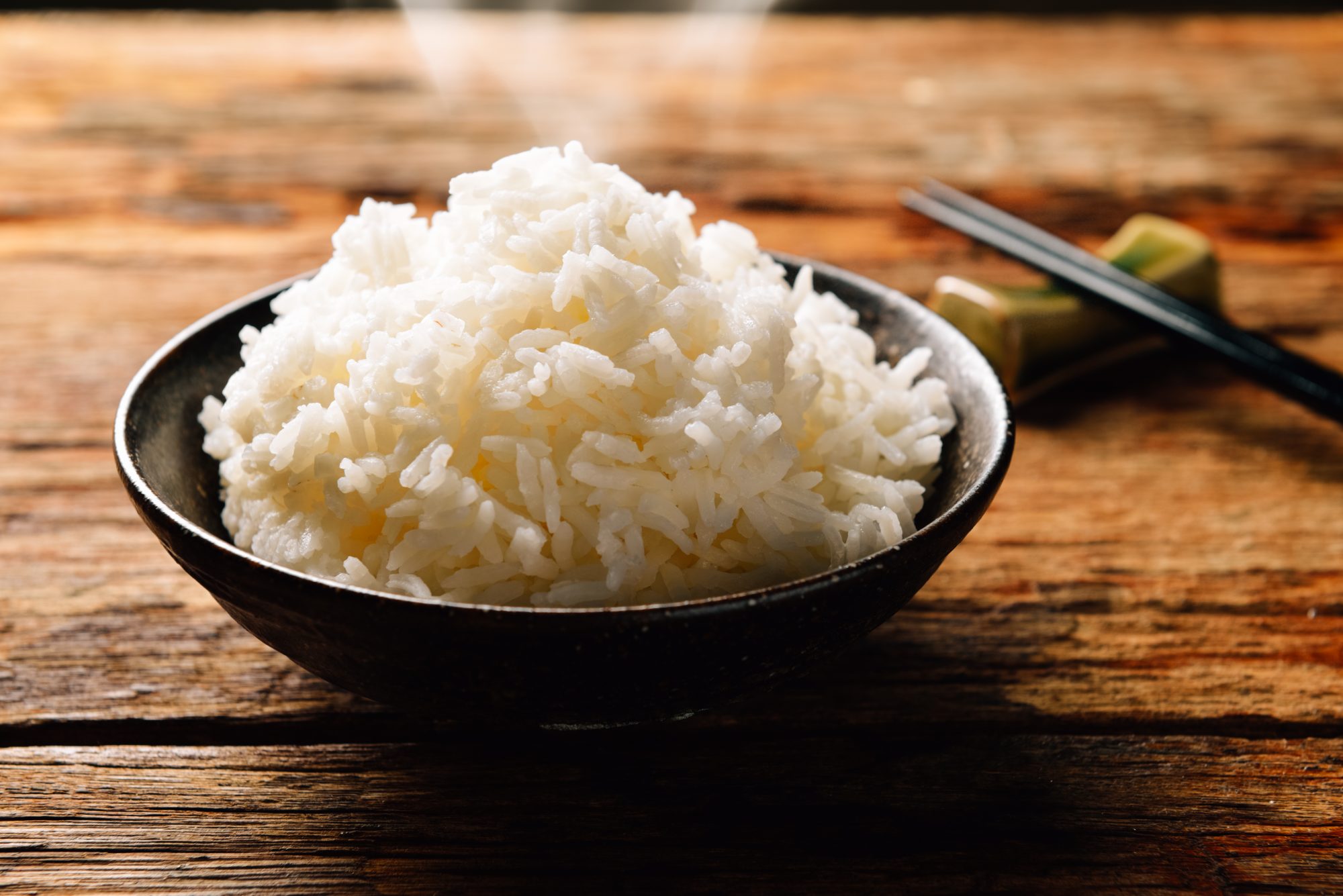
In addition to being a source of energy, white rice also has high sugar content. It increases the amount of insulin in the body, which in turn triggers inflammation and stimulates the release of androgen. Increased glucose levels due to consumption of white rice can also trigger a person’s risk of developing diabetes.
11. Alcohol
 A regular pattern of alcohol consumption dilates pores, accelerates skin aging, dries out the skin, and makes the skin look tense due to excessive pressure. Alcohol can reduce levels of vitamin A which is a powerful antioxidant and has an important role in the production of collagen. Drinking too much alcohol can also lead to a bacterial skin infection that usually affects the lower legs.
A regular pattern of alcohol consumption dilates pores, accelerates skin aging, dries out the skin, and makes the skin look tense due to excessive pressure. Alcohol can reduce levels of vitamin A which is a powerful antioxidant and has an important role in the production of collagen. Drinking too much alcohol can also lead to a bacterial skin infection that usually affects the lower legs.
What foods often cause problems with your skin? Share your experience with us in the comments section below.



